
Brian's Run Pod
Welcome to Brian's Run Pod, the podcast where we lace up our running shoes and explore the exhilarating world of running. Whether you're a seasoned marathoner, a casual jogger, or just thinking about taking your first stride, this podcast is your ultimate companion on your running journey.
Join us as we dive deep into the sport of running, covering everything from training tips and race strategies to personal stories and inspiring interviews with runners from all walks of life. Whether you're looking to improve your race times, stay motivated, or simply enjoy the therapeutic rhythm of running, Brian's Run Pod has something for every runner.
Brian's Run Pod
Running Beyond Limits with Merili Freear
We welcome back author and ultra-runner Merili Freear who shares her journey from completing a 100-mile race to discovering poetry as a healing practice, along with advice for both new runners and those recovering from injury.
• Merili discusses the unexpected mental challenges she faced after completing her first 100-mile ultramarathon
• How developing a gratitude practice led her to writing poetry as a form of healing
• Her poetry collection "Whispers and Footsteps" explores her journey through doubt and self-discovery
• Advice for new runners: "Start small and don't worry about how it looks - just run for fun first"
• Tips for runners recovering from injury, including cross-training outdoors and writing yourself a sympathy card
• Future ambitions include potentially running a 230-mile national trail across Estonia
• Recommendation for injured runners: "Rebound: Train Your Mind to Bounce Back Stronger from Sport Injuries" by Carrie Jackson and Cindy Kuzma
Brian's Run Pod has become interactive with the audience. If you look at the top of the Episode description tap on "Send us a Text Message". You can tell me what you think of the episode or alternatively what you would like covered. If your lucky I might even read them out on the podcast.
Instagram
So you're thinking about running, but not sure how to take the first step. My name is Brian Patterson and I'm here to help. Welcome to Brian's Rompod, welcome back to Brian's Rampart and I'm your host, brian Patterson. Back with more insights into the world of running coming up on today's show.
Speaker 2:My biggest fear is being afraid. I'm afraid of the dark, and it was in that moment that when I had to accept that I'm going to be alone in the forest and face not just the darkness but have to face my inner gremlins Definitely one thing that is important. But for new runners I would say start small and don't worry about how it looks, Just run for fun first. All that perfect running form and things when you're just starting out, it doesn't matter now, as you know, we welcome back a previous guest to the show, marie ferrera.
Speaker 1:When I had her on her last year, she had just finished her first book. In the second part of her return to the podcast, I asked about or what effects the ultra marathon had on mentally and advised about injuries, and also what made a venture into poetry. I really do hope you enjoy our chat as much as I did.
Speaker 3:So do you think you mentally, since doing the book and also you've done the ultra, mentally you're kind of in a better place?
Speaker 2:Well, after I finished 100 miles, I wasn't mentally in a really good place.
Speaker 3:Oh, right, okay.
Speaker 2:It's weird because you do that, you have prepared for it for so long, and then it's done, you finish, and I just felt, well, lost I. I was thinking about my next goals, that how I'm going to although I said that never again I was already planning that when I'm going to do it again and and I was thinking about even more bigger feats and and and then all of this kind of kind of went and um, I I felt, I I felt like an imposter right, yeah yeah um
Speaker 2:common, because I was the last finisher as well. So I, I kind of thought that maybe I should have done it faster, or you know, I I should have done it faster, or, you know, I should have done it better, and you know, train better, and you know, overall, I just thought that, well, it wasn't a feat at all, but it was. But these were the all the feelings that I went through after doing it, which is weird. It was a bit unexpected because I didn't think that this is how I'm going to feel.
Speaker 3:Did you have those same feelings when you finished the book, though, as well?
Speaker 2:No, not really. I think it was more. After that 100-miler, probably it was a combination of marketing the book and working really hard for it and then working towards another big goal, the 100-miler, and then I think I was just tired.
Speaker 3:Yeah, wouldn't anyone be yeah.
Speaker 2:So I think it was just that, but I came out of it with positive outcome. This was the time when I started to write poetry.
Speaker 3:Right.
Speaker 2:I did a lot of self-reflection at the time and I was writing a lot, all sorts of lists, and I started this gratitude practice that every evening I sat down and wrote 10 things that I'm grateful for and were remarkable.
Speaker 3:Oh yeah, I think I've heard about that before.
Speaker 2:Yeah, that mentally really helped, because I thought that I will start it as an exercise to see if I start to feel better mentally and and it definitely works because you're you're focusing on all of those small things that maybe has happened during the day and and you're more grateful for your family and your home and everything you know, just the simple things and and um I suppose during the day we we kind of maybe have different tasks and maybe different negative thoughts, or you know, and you know that that kind of creep in and I suppose it's in a way it's a way of just you sort of encapsulating your day and um and and a way of sort of not summarizing, but sort of, you know, it's like a reset.
Speaker 2:Yeah definitely, and then you can start the next day from the fresh sheet, so to speak. And and because I was doing a lot of self-reflection and writing, so I just thought that I will give it a go and I wrote a few poems and then I wrote a few more and then it just became this kind of things that maybe I wrote some every other night or maybe some evenings I wrote a few poems, and so that's how it kind of started and in the end I thought that why don't I try to put it together in a book to make sense of all of those little poems? And it really really helped me processing everything, because it it taught me that to getting your feelings and ideas around, you don't have to say a lot, you don't have to use many words, but somehow saying those right things.
Speaker 3:That yeah, was there was there was there a style of poetry that you liked, or did you like writing funny ones, or was it a little bit more serious, or was it kind of a combination of the two? I don't know.
Speaker 2:Yeah, my poetry collection is whispers and Footsteps, poems from Tauti becoming so Whispers and Footsteps, meaning behind it is the whispers of Taups and the footsteps of healing.
Speaker 1:Right.
Speaker 2:And my title poem is from the moment when I was approaching the forest, knowing that I won't make it to my pacer in time, because my biggest fear is being afraid. I'm afraid of the dark, and it was in that moment that when I had to accept that I'm going to be alone in the forest and face not just the darkness but have to face my inner gremlins and my taupes and all those, and those ones are far more scary than the darkness in the forest, which is actually quite peaceful and lovely.
Speaker 3:That must be quite good. Is that? What you can do? Is you, you can sort of like and uh, encapsulate? You know what your feelings were at a particular time, you know, and then you can write it down on paper, um.
Speaker 2:Yes, and with those poems then I tried to build a journey. So I started with the poems that went through the Taubt and then from the Taubt to darkness, then through strength and acceptance, love and becoming. So it was like they took me to the full journey when, uh, when, in the end I'm um, I was writing more of those things.
Speaker 3:That, yeah, things are yeah, so did you and I have accepted, but yeah so when you you wrote these down, did you take it to the same editor who edited your book, or did you take it to just to someone else too?
Speaker 2:yeah, actually this is my, my baby, pure yeah pure and simple. Yeah, I have uh done the cover design myself oh wow, I have um done all the interior design myself and I self-edited it, and my dear husband had that important task to after all my editing rounds to make sure that it's everything is okay. I didn't actually use the use of visual editor for this.
Speaker 3:All right, I was gonna ask you do you want to read one? Because I wasn't. I wasn't sure if you had it in front of you. Would you like to read one?
Speaker 2:um, well, from from from the end. Here I will read one. This is uh, this is from the becoming section, and it's called my life house. I'm building myself back up brick by brick. It it's not instant. It takes time. Some walls fall only to be built again. Some stay solid. My lifehouse will never be fully finished, and that's okay. Some years the fruit trees in my garden overflow with sweetness. Other years the cold takes them all. But still, I love my house, I love my garden, I love me.
Speaker 1:Very good, I love my garden, I love me.
Speaker 2:Very good, and there are poems that are running related in the book as well, because I'm a runner, so I write about running as well. Yeah, so there are quite a few that actually talk about running.
Speaker 1:All right.
Speaker 3:So what's next for Marelli? So are you, you know, are you looking to write more or anything sort of you know in terms of your ambitions for doing more events in the future? I mean, you just talked about that you'd like to do London, you know, in terms of the marathon, but you know you're like you said, it is a bit of a potluck, that kind of thing.
Speaker 2:In terms of writing, I have been actually working on another project. It has been kind of a side project. It hasn't become my main project because I have been busy with other things, but I would like to pick that up and properly do that, so it will be another full-length book okay not the poetry, still non-fiction, but not a memoir.
Speaker 2:So okay, a bit different, creative non-fiction so. So this is something I'm hoping to start working more focused soon. But when it comes to races this year I actually don't have any races planned, but I have. My running in that way has taken a backseat. I tried to give back more and tried to volunteer more. Just a few weeks ago I volunteered on my favorite ultra dukerist that.
Speaker 2:I have Dan Weiss and it was really a rewarding experience. So I hope to volunteer a bit more. And then there are some big goals brewing in the background but I don't have a timeline for those it's. It just really depends how I feel and and when I, when I fully, I'm fully back running long distances again.
Speaker 3:I mean, do you sort of still run sort of regularly during the week, two, three times a week or something, or?
Speaker 2:yeah, I, I am, but I'm running like really short distances and uh, compared to what I did, yeah, it's, it's. It's more like running for just for my mental health and uh, and not so much to train for something.
Speaker 2:So I'm running, but, uh, not, not as much as I, as I used to and you're running with the schnauzer I see on instagram yeah, yeah, I run with uh with him and I have, um, I've been starting to run more with friends okay today, earlier today, I I went uh for a short run in the woods with a friend, and it it has become something that we use for catch up, so oh yeah go for a mutual run, and then you you can do have a nice catch up and and and run as well doing one, so do you need any been doing any.
Speaker 3:I know you did um, you sort of did a coaching qualification. I mean, have you been doing any coaching?
Speaker 2:I have done a little bit coaching, but it really has taken a backseat. I still advertise my coaching services on my website, but I really haven't had as much time as I originally would have liked to do coaching and I'm more picky that I would like to coach people who are either beginners or coming back to running, because I feel that I have most to give to them because I have been in in the same situation myself and and my coaching philosophy is is is more like that you run for for yourself, not for the fast times or anything like that.
Speaker 2:I'm obviously I'm. I'm able to coach anybody who would like to go for that fast maybe 20 minutes, 5k but it's. It's not something I I would would choose to do. I would much rather work on the mindset changes and things like that with my coaching, because this is how I share it on my Instagram as well, because I think far more important is to change your mindset, that you don't beat yourself up if you have a bad run or, like you mentioned, uh, that runner you had on the podcast that she didn't uh get the time that she wanted and on london marathon, just, you know, accept that sometimes things doesn't work out and then move from there and then do things.
Speaker 3:Yeah I remember, I remember you saying in the last uh, the last uh chat we had, you know about, um, I think it was I forgot the name of the book about goal setting. And it's not about the goal, you know, it's about you kind of like well, what did I get out of? You know doing that particular if, or getting got out of that goal, because there's always something that you can get out of it.
Speaker 2:So yeah, definitely because my mindset has changed a lot when when I started and the times were a lot more important to me than than they are now. That's why I really like the ultra running, because you don't have to have those really fast times. So this big goal that I have been thinking, but I really don't know when I can actually do it. There is this trail back in Estonia where I'm from 230 miles from one side of the country to another.
Speaker 3:Really.
Speaker 2:And it's a national trail and there are few people who have done it that I'm aware of and I have contacted them and asked some advice and it's doable with support. But it's doable with support, but it's a bit different than here, because in Estonia they have bears and they have all sorts of wild animals like wolves and war and all sorts. One experienced Estonian ultra runners who have done it said to me you have to make enough noise that the day is over that you're coming.
Speaker 2:So as long as you make enough noise, you will be okay.
Speaker 3:Oh right, okay, yeah, maybe I wouldn't want to risk that that.
Speaker 2:So that's holding me a bit back, but I think this is some something nice to have in the future, a big goal. But I think in order to do that, I would have to do another hundred mile first, and and to become more confident about my abilities. But, um, this is something I would like to do to experience my, my country, where I'm from in a different angle, see all that nice nature and everything like that, but no idea when it's going to actually happen yeah, it seems like you need like a couple of weeks to complete it or something.
Speaker 2:It's like a holiday, well, kind of well, the fastest known time for that trail is, I think, four days oh, right, okay so, but, uh, because you need some, uh, some sleep as well. But uh, um, there were some uh girls from uk who did it. I think they did it in eight days or something like that, but they always slept like the full nights and everything. So if you don't, if you're still moving at least some of the night times, then you can do it faster.
Speaker 2:I think, for me, it's not so much about the time that I would get, but I would like to have it sensible enough that I wouldn't collapse and still would be able to enjoy the experience.
Speaker 3:Yeah oh well, okay, well, well, good luck with that. If you decide to do it, so yeah. But obviously I think would you do the um the the same hundred miler that you did um, or would you do it at a like a hundred miler? You know somewhere, somewhere else in the uk?
Speaker 2:um, I think I would like to go to do the same one, because I I kind of feel, because I was the last finisher, that I have some unfinished business. I'd like to do it a bit faster. It's the race that is every other year, so I could technically do it in 2026, but I don't know. I will see how things go and I would like to. I will do it one day, but I'm not sure if it's going to be 2026 or 2028. We'll see.
Speaker 3:Now I remember you said Gunnar, I asked you, is there any tips for new runners? And you said it's the arm drive. Is there another one?
Speaker 2:It's definitely one thing that is important. But for new runners I would say start small and don't worry about how it looks. Just run for fun first. You know all that perfect running form and things when you're just starting out it doesn't matter. Just build yourself up a bit and then start to think about all that. Just enjoy it to start with. And you know, don't wait until you feel that you're ready, or just just go out, show up and and try it out. Even if you do it imperfectly, it doesn't matter. And if anybody dares to say anything about your running form or then they're probably not a runner because, other runners wouldn't never put anybody down for who is actually out there and and doing something sorry is.
Speaker 3:I mean, I'm kind of getting over an injury and haven't had been running for I don't know four or five weeks or something like that. So, but I do find that sometimes it does get me down a bit, um, because when you do start, oh well, maybe I should, you know, let's say, I've been getting sort of various physio and doing various exercises and whatever, and then my physio has been saying, well, you know, no running for at least three, four weeks or something. And I said, well, I do get a bit tempted, you know, because the weather's nice outside or I'm in the gym, and then the treadmill, sort of like, talking to me, saying, well, maybe if I do five minutes, and then I do a bit, but I'm so sort of out of condition, is there anything that you could any to anything that you advice that you can give to people who are getting over injury?
Speaker 3:you know, um, you know, like, keep at it, or able to cycle by any chance yeah, I can use a cross trainer and that's you know, and I suppose I could use cycling. Yeah, it's just that it's a particular injury, um and my uh, gluteus maximus, so and um, so that's you know I'm being doing and having to do like bulgarian squats, I'm using a band to sort of like do crabbing sideways and that kind of thing.
Speaker 2:So they're all very good exercises, it's it's really frustrating when you're overcoming injury. I found what helped me when I was injured, when I was able to cross train, especially when the weather got nice, if I was able to go outside with the bike, not not just inside okay, yeah it's.
Speaker 2:It's not the same as as running, but it kind of still gives you the feeling that you're in a fresh hair and, and you know, have that freedom feeling. So that helps a bit. I know it's not not the same as running, but it it still gives a bit that feel good yeah, well that's.
Speaker 3:But well, I mean, we do have a park down here. I mean, I suppose where you are you've got sort of trails and you can go into the countryside, can't you with, if you're um, but we, yeah, we do have a, uh, a small park which is near here so I could go there, or even just, I mean, we went for 11k. No, uh, my wife and daughter went for like a 9k walk, which is quite good.
Speaker 2:So well, all of this definitely helps and if you want to start running, I I can't advise you against your physio advice, but I think you could try maybe a few minutes, but you always have to finish before it hurts or anything. Yeah, and it's very tricky to. If it hurts, then it's already too late.
Speaker 3:You have damaged it more yeah, yeah, I just think maybe it like, um, you know, just coming full circle as to what we talked about at the beginning, in terms of it's a mental thing. You said we knew I know what I used to do and now I'm not doing it, so you know it's.
Speaker 2:I think it's just taking those baby steps and not getting too ahead of yourself for me really big help was when, when I had this really long period of injuries, I I read this book rebound that I mentioned in in my book as well, and and that was really good advice. Uh, pretty much the main thing that just be kind to yourself, don't compare what you were able to do. So if you're able to go and run two minutes, celebrate it you know, that you were able to run two minutes, because it's great and you know.
Speaker 2:just give yourself time to process it. Yeah, it's a bad thing that has happened, that you have got injured and your feelings are valid, that you can feel all of those feelings that you're feeling and and maybe just writing those down could, could help us as well. Just give yourself some grace. Like you, you know when somebody's going through, uh, something difficult, maybe you would send send a card, and I I did that because that was recommended.
Speaker 3:To yourself.
Speaker 2:Yeah, I wrote the card to myself that sorry that you're injured and going through all that. That's quite a good idea, so I would recommend looking into that book because….
Speaker 3:Self-gratification.
Speaker 2:Yeah, the mental part was really difficult to overcome and but for me, because I was able to cycle, um, it was okay. I was cycling outside and everything.
Speaker 3:But I I completely understand where you, where you're coming from, it's I suppose the thing is is that you don't know that you missed it. Until you don't, you can't do it sort of thing. That's that's. The thing is that you don't know that you missed it until you go and do it sort of thing. That's the thing.
Speaker 2:But you just, Brian, remember that you will be back there and it will be a slow start to start and it will be frustrating, but you probably will be coming back stronger because you have done a lot more strength training. So you will have gains from that and it probably improves your running, all that strength training that you're currently doing. So just think about the positive, what you're getting out of it. I know it's difficult.
Speaker 3:It's all about the journey it's all about the journey.
Speaker 2:Well, I I don't know what, uh, what else to suggest, because I I know how frustrated I was yeah, that's why I turned to that book and and I I tried a lot of exercises that were in there and they did help. There was even this kind of like injury spot that you were writing all the things down and what you could actually do, and and it gave me kind of I felt that, uh, gave me control over it was what's happening with me, and and the injury wasn't controlling me.
Speaker 2:I was controlling the injury a bit more good.
Speaker 3:Well, I think maybe I'll put a link in the show notes, if not by itself, that book Rebound, isn't it?
Speaker 2:Yeah, I think it's in my recommended.
Speaker 3:Oh, have you got it in your room?
Speaker 2:Sorry, I will have a look. It's Carrie Jackson and Cindy Kuzma Rebound. Train your mind to bounce back stronger from sport injuries. Oh great, okay, excellent, 2019. And Cindy Kusma Rebound.
Speaker 3:Train your Mind to Bounce Back Stronger from Sport Injuries oh great Okay.
Speaker 2:Excellent. Both of those ladies have Instagram accounts as well, where they share tips, so it might be worth following them. I really found that book helpful because I just felt that I'm physically doing everything. I can, but my, my mind was getting really frustrated and then I just did the exercises and I. It's not the magical cure, but it was something that helped a bit, so sometimes it's even if it's something that helps a bit is better than nothing at all.
Speaker 3:Well, mirella, it's coming up to at time. I just wanted to say a big thank you to coming on to the podcast again. Sorry for the little bit of the glitches at the beginning, but I mean um, but thanks very much and I really hope I give you every success for your poetry book and any sort of you know events that you got coming up soon.
Speaker 2:But thank you very much for coming on thank you so much, brian, for inviting me, and it's uh has been lovely being here thanks everyone to to listening and I hope you enjoyed the our chat.
Podcasts we love
Check out these other fine podcasts recommended by us, not an algorithm.
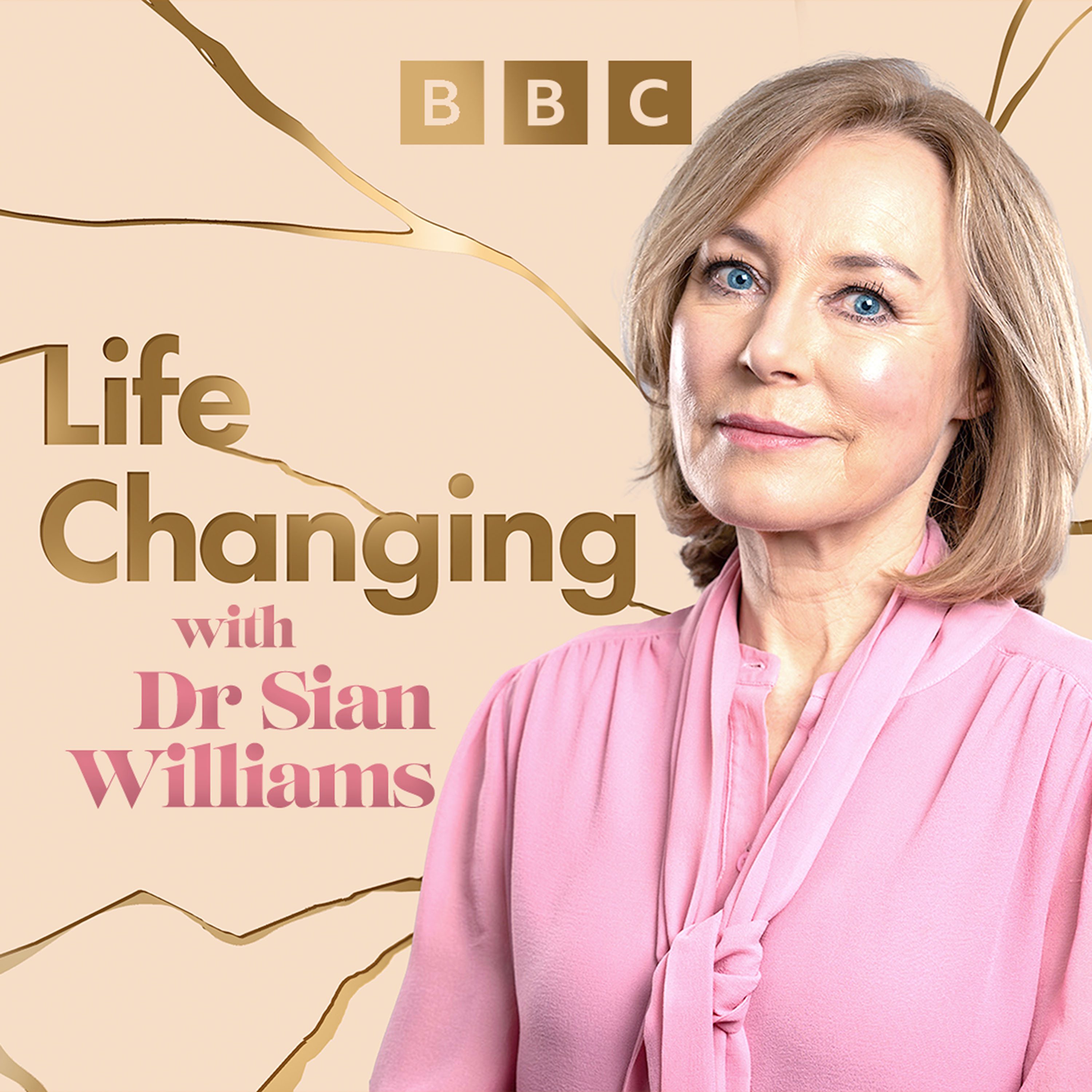
Life Changing
BBC Radio 4
Tech Life
BBC World Service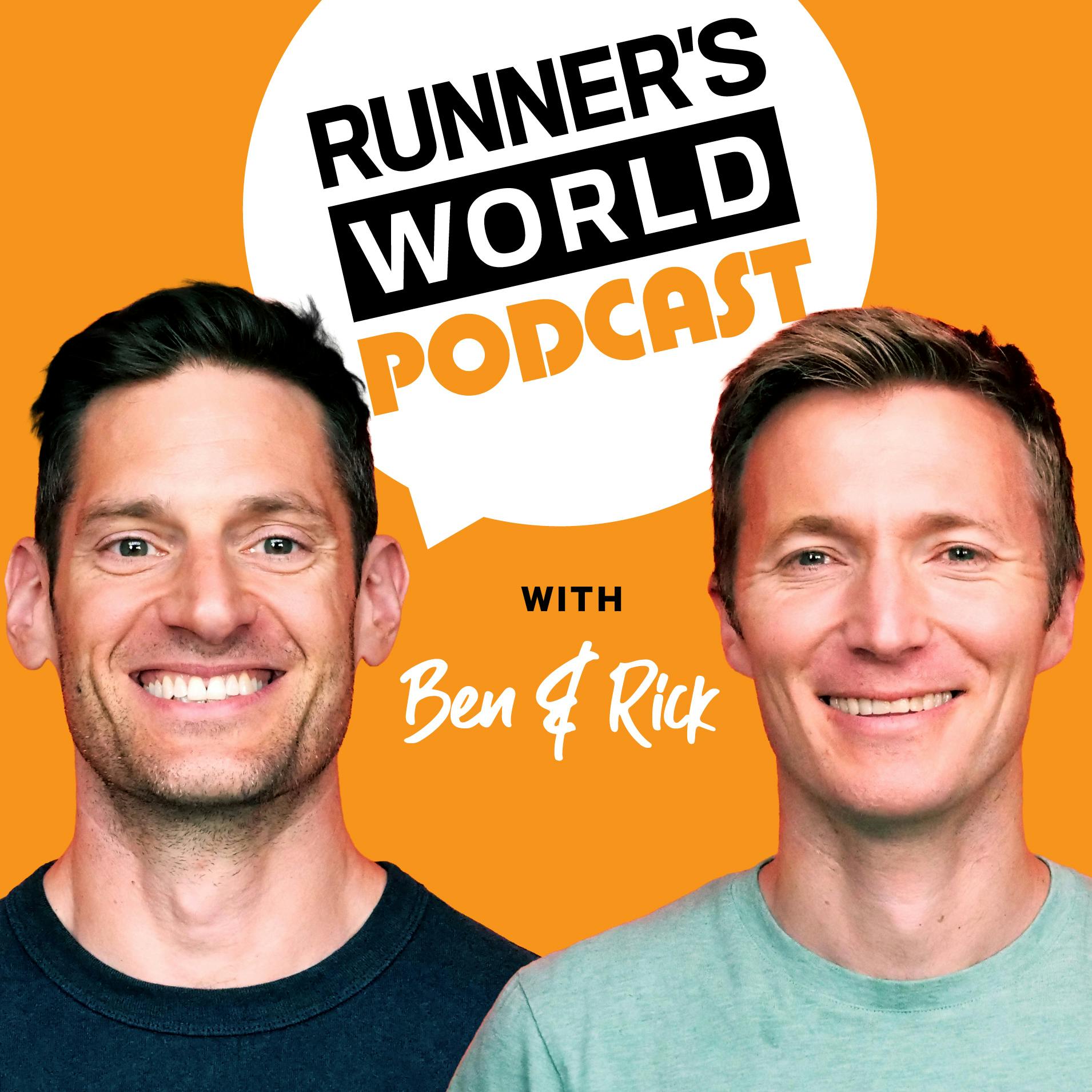
Runner's World Podcast
Runner's World UK
Buzzcast
Buzzsprout
Newscast
BBC News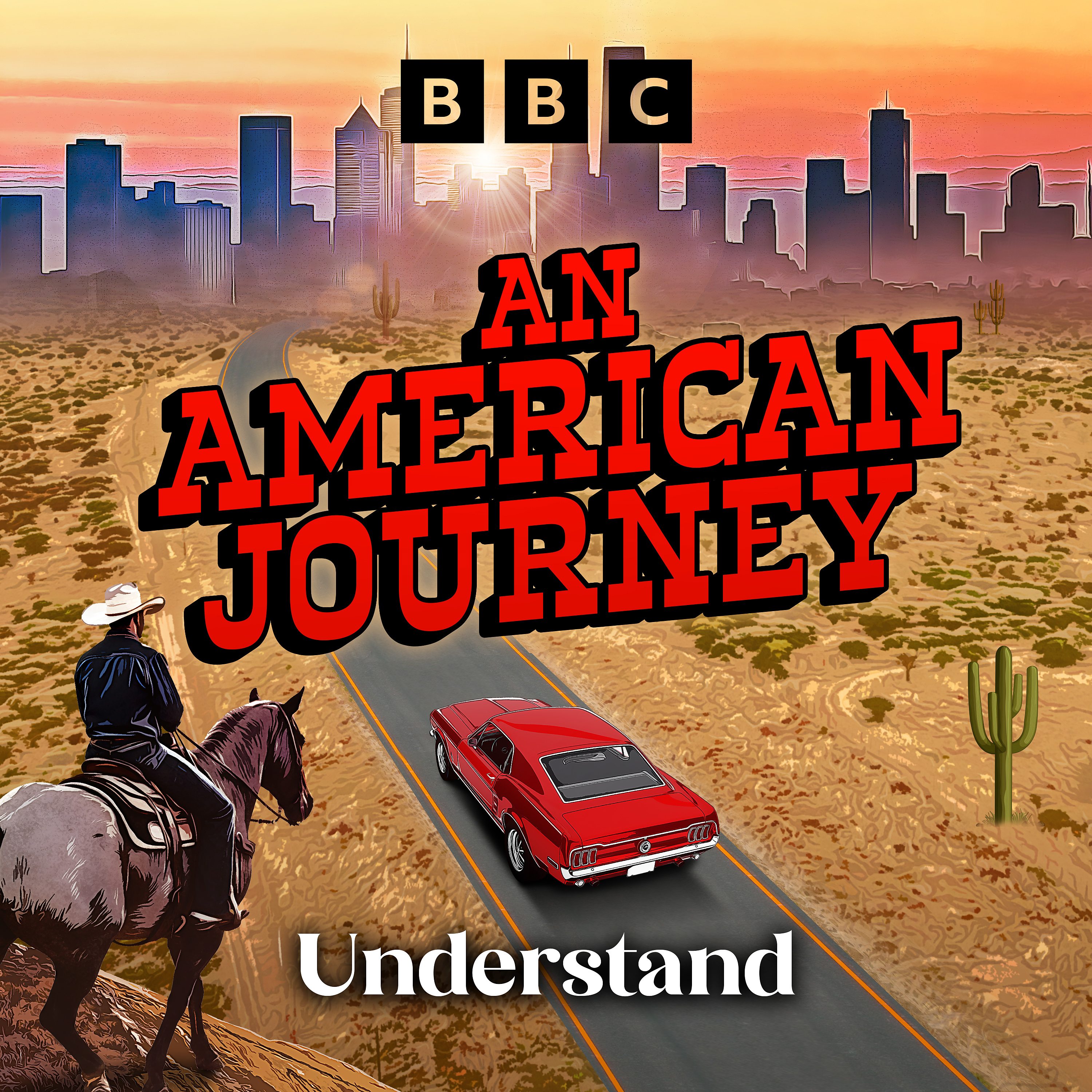
Understand
BBC Radio 4
Cyber Hack
BBC World Service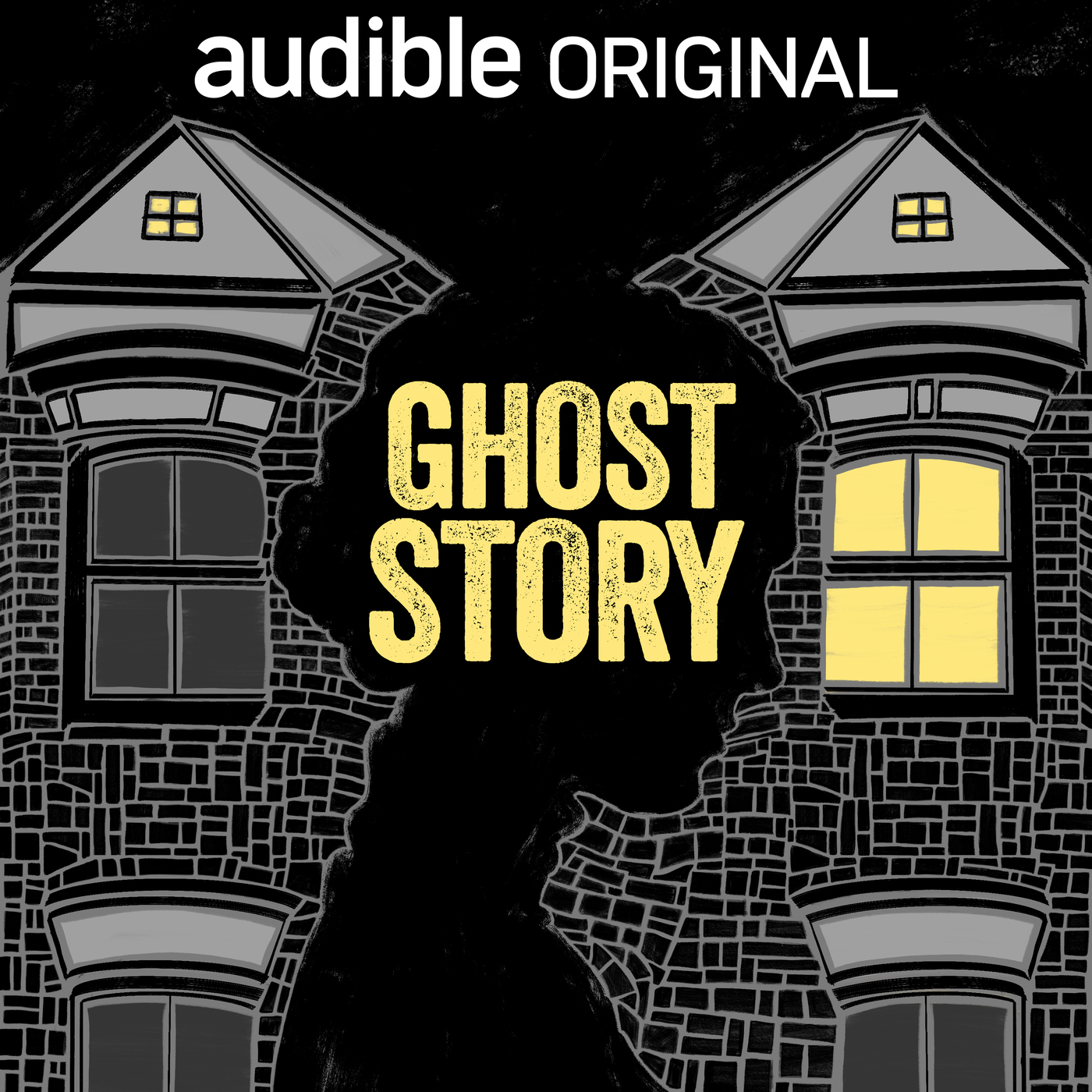
Ghost Story
Audible| Pineapple Street StudiosDiz Runs Radio: Running, Life, & Everything In Between
Join Denny Krahe, AKA Diz, as he talks with a variety of runners about running, life, and everything in between.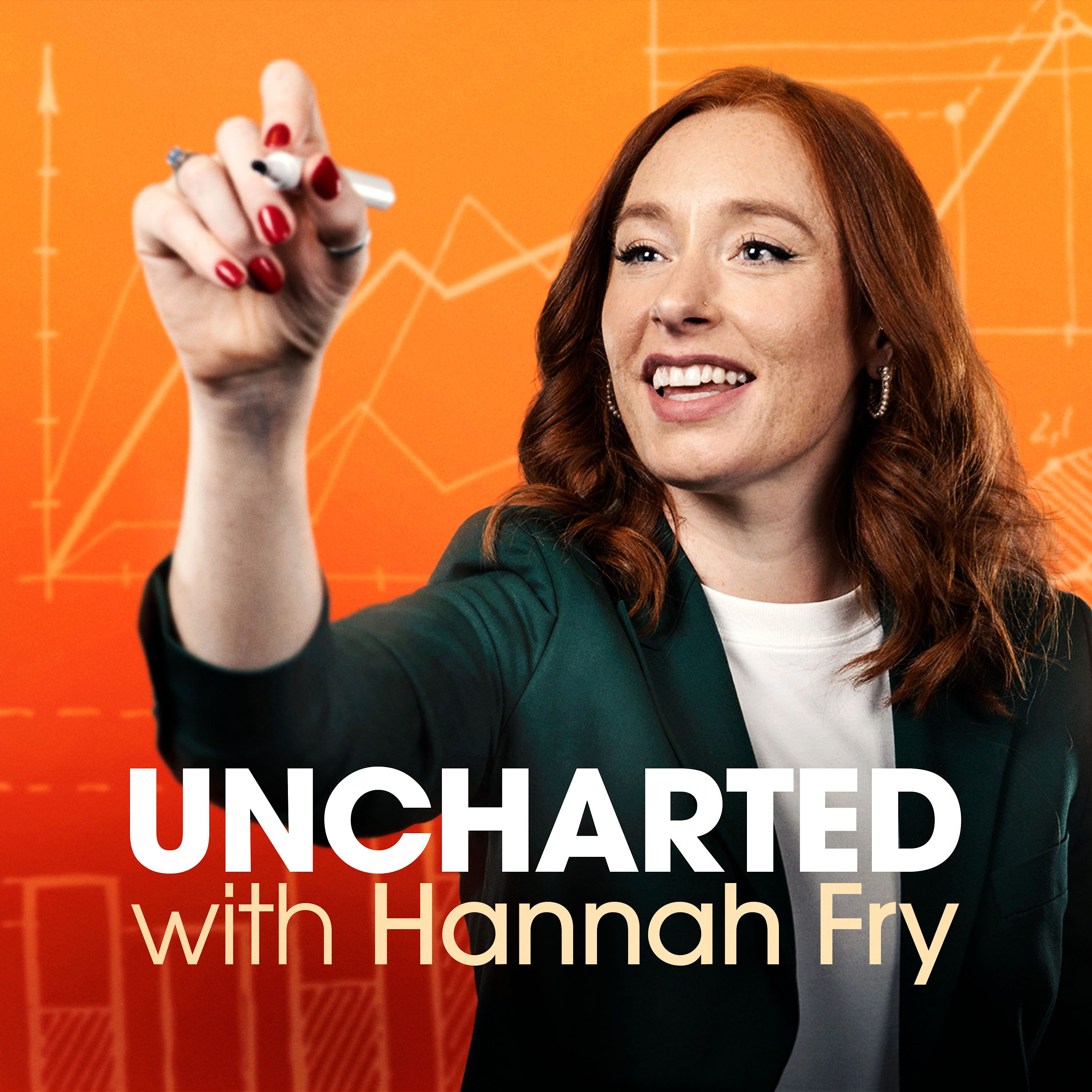
Uncharted with Hannah Fry
BBC Radio 4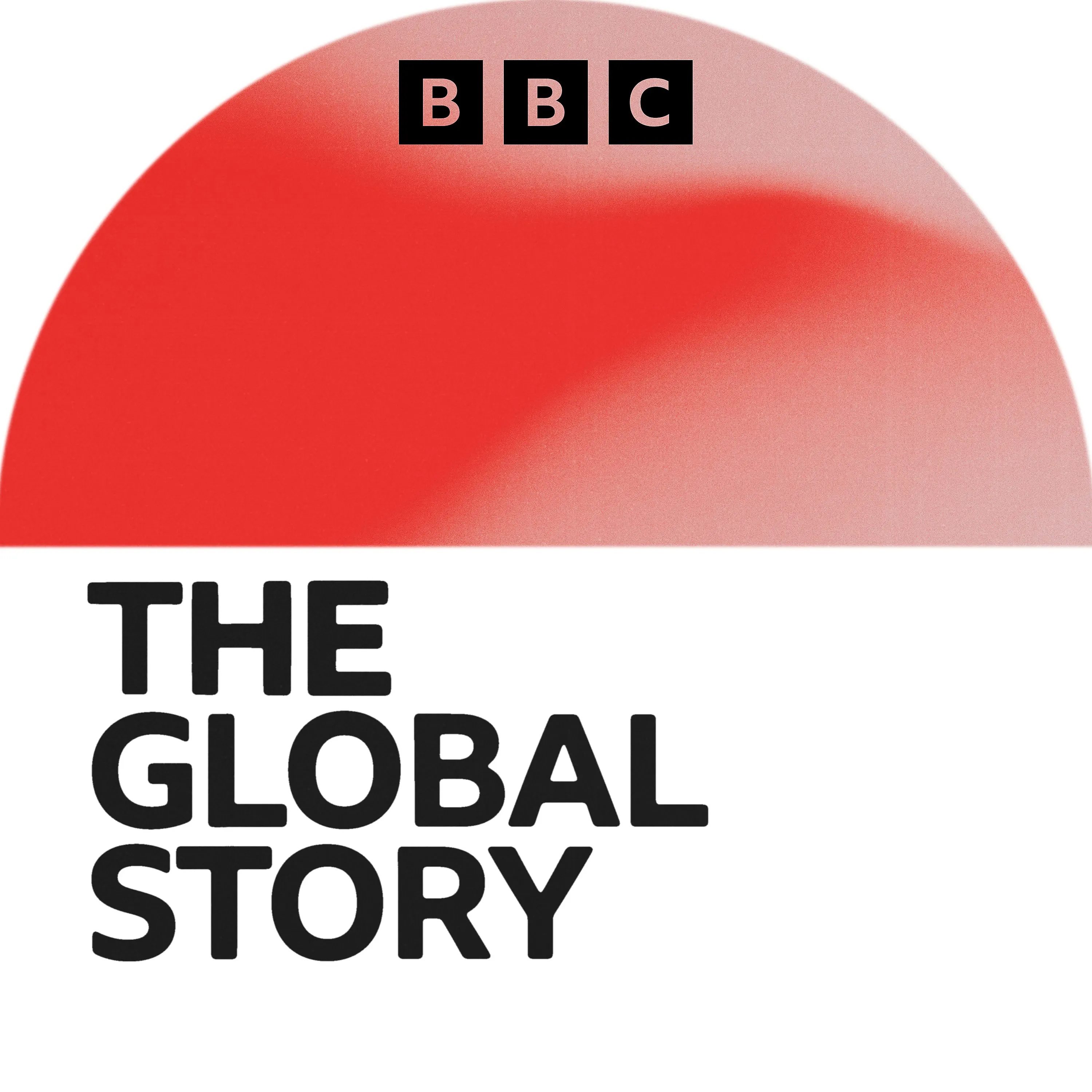
The Global Story
BBC World Service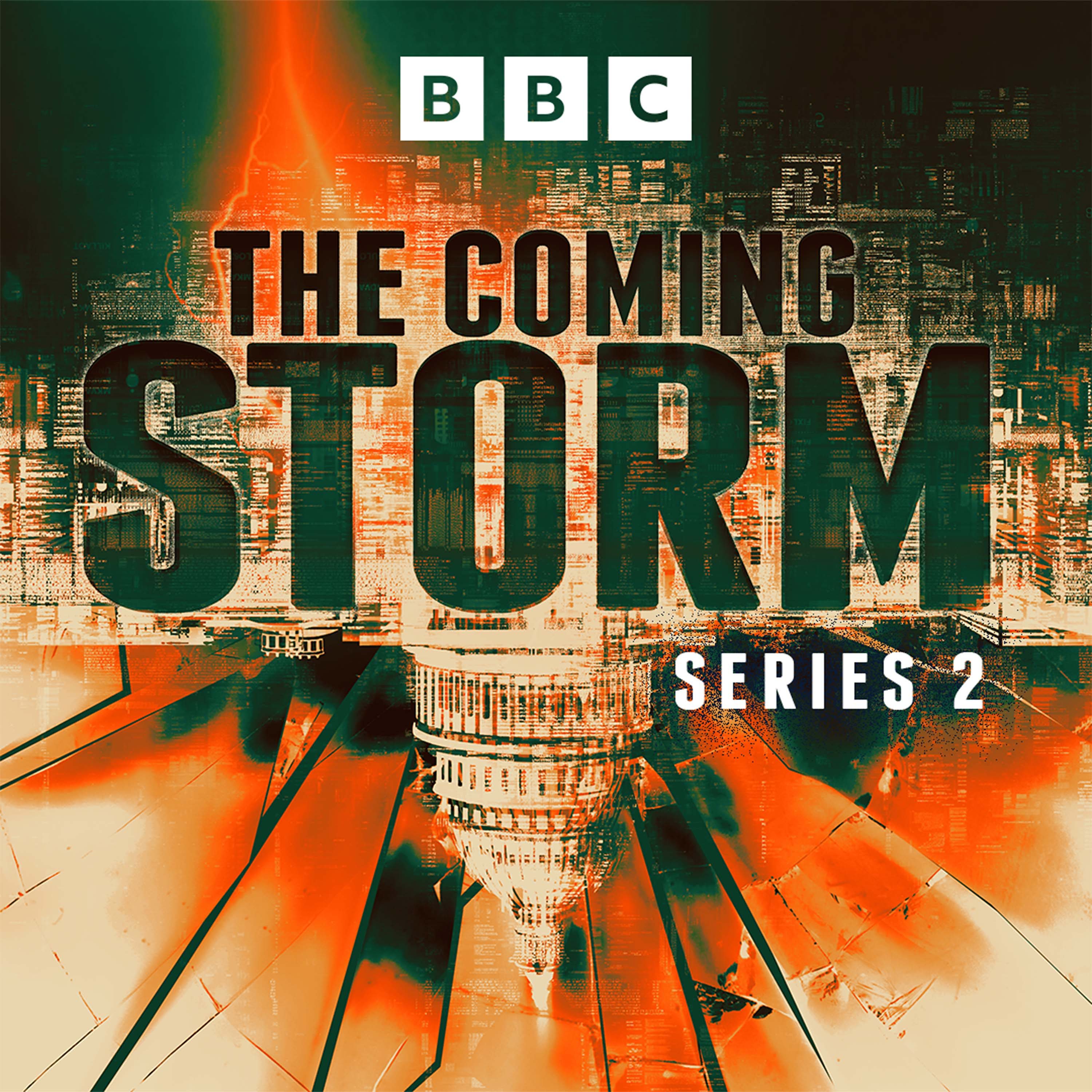
The Coming Storm
BBC Radio 4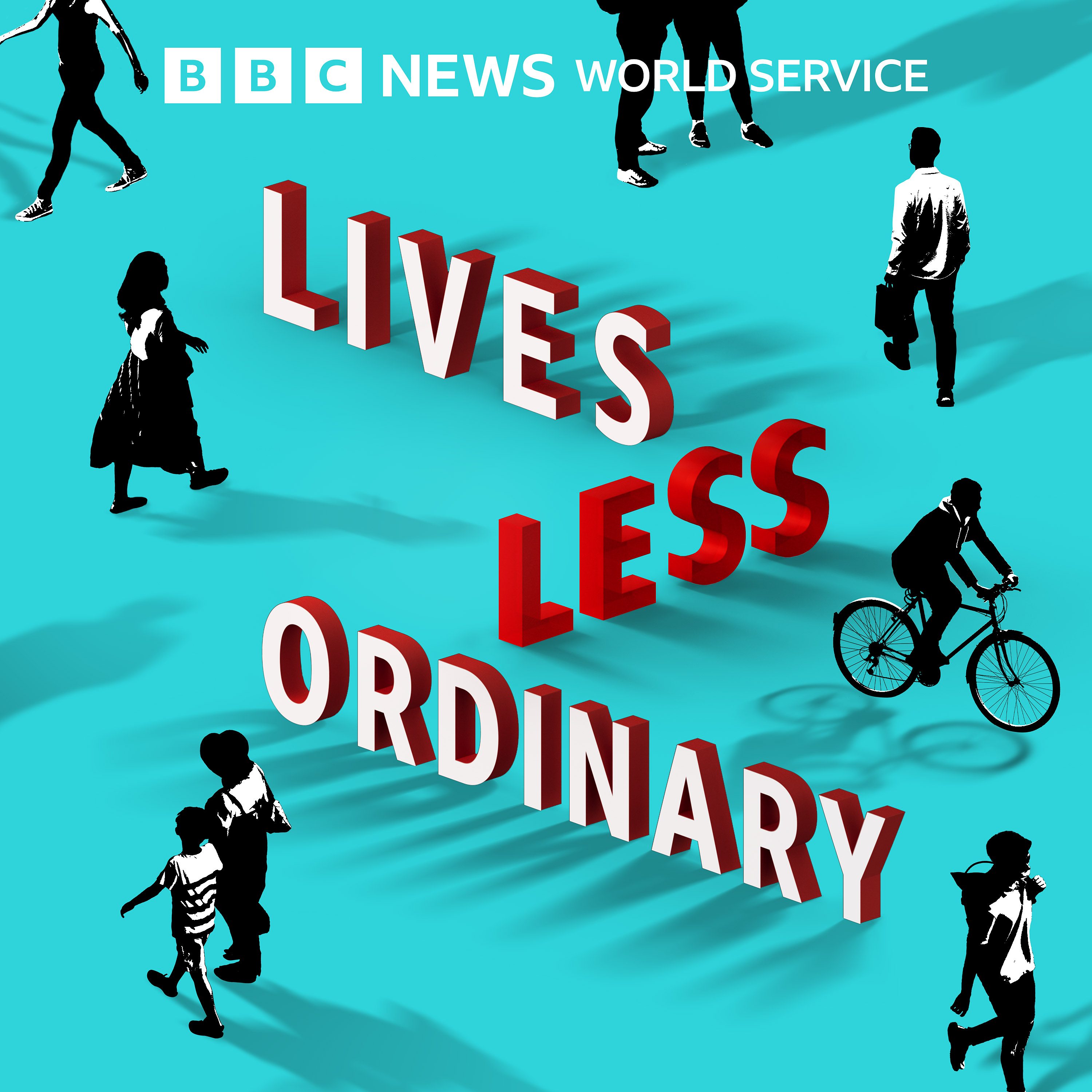
Lives Less Ordinary
BBC World Service
Do Epic Shit Today Podcast
Hannah Mulhern
The Rest Is History
Goalhanger
